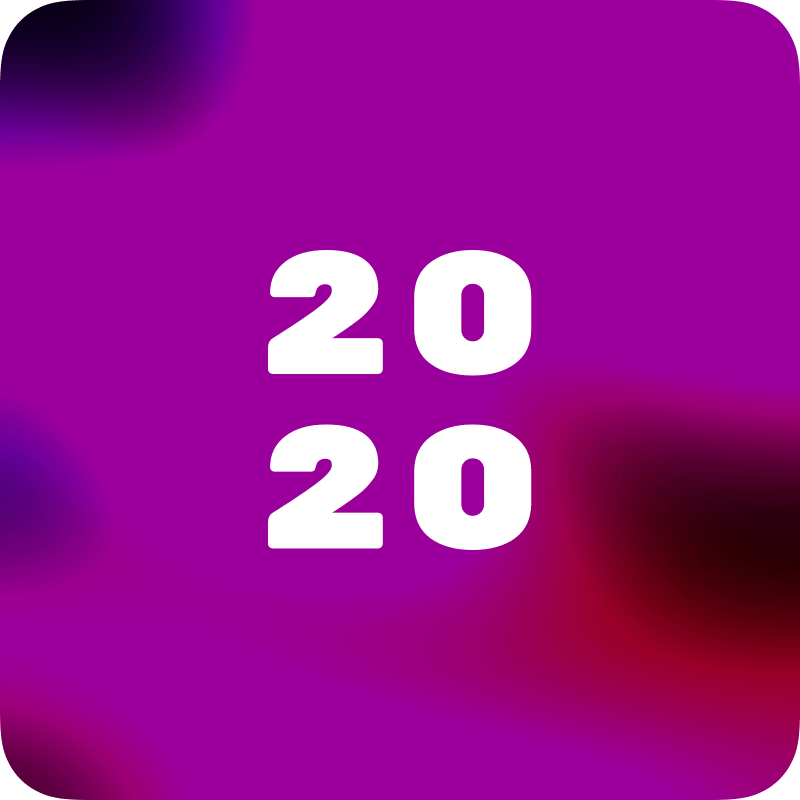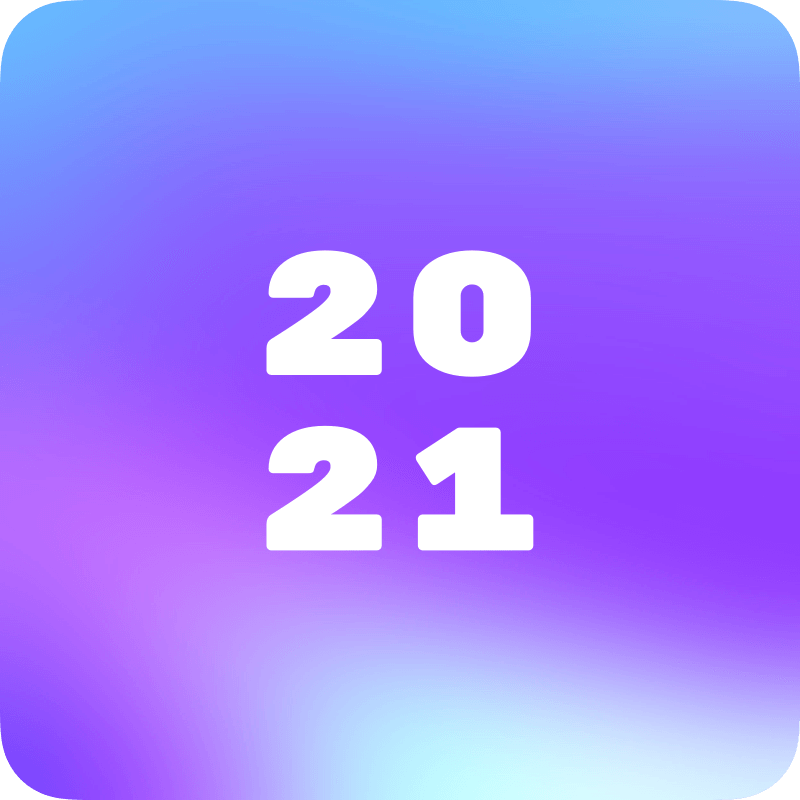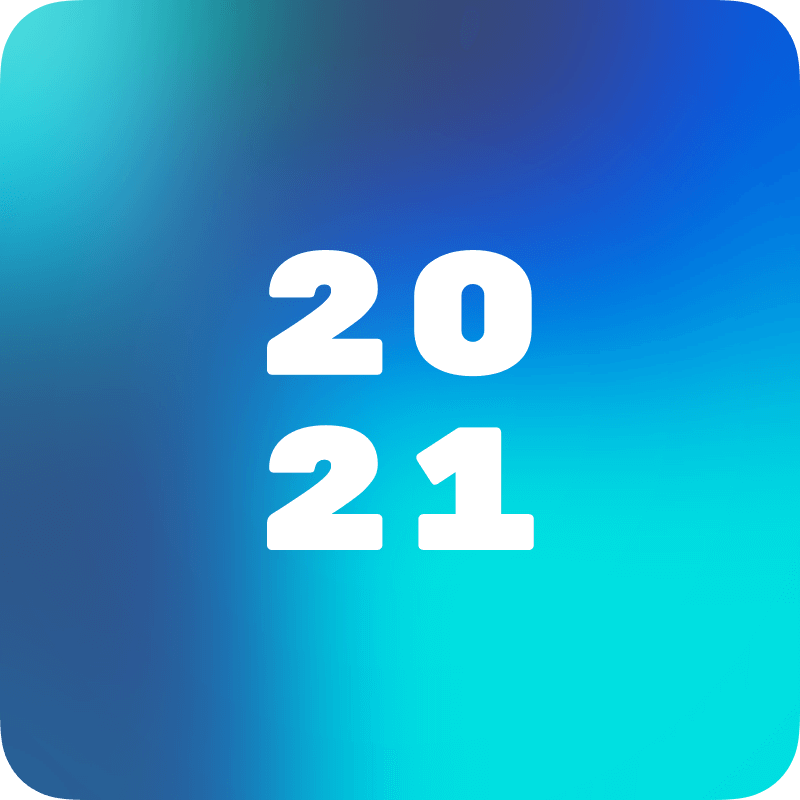
6 questions you should ask before creating a digital product
Can you guess the #1 question I get from digital business owners? Especially those running agencies? Seriously, it's not even close. I swear, 90% of the people who reach out to me these days are asking the same thing...
"How do I create my first digital product?"
Yep, everyone has caught the bug. They want to turn their knowledge into products. And for good reason. Digital business owners find the idea compelling. They can package their experiences and know-how into a product and then sell it over and over.
To make it easier for those asking, I've put my thoughts down here with six questions you should explore to ensure product validation and market fit. They are:
- What do I know?
- Why am I qualified?
- What makes my product unique?
- Who is my target audience?
- What problem does my product solve?
- Why would people buy my product?
So, let's kick things off at the beginning by asking, "What do I know?"
1. What do I know?
At first glance, this might look like the easiest question on the board. But I've talked to many people who run digital businesses or agencies. Often, they consider themselves "jacks of all trades, masters of none". This means they actually question where their expert-level knowledge lies.
My advice here: Don't overthink things.
Ask yourself: "What do I do better than anyone I know?" and "What have people paid me to do for them in the last 6-12 months?"
It sounds simple, but the answers to these two questions are good indicators of your skillset.
Remember: At this stage, you're looking to find the foundation of your expertise. This will be the backbone for the next five questions, so make sure you spend enough time here.
2. Why am I qualified?
So, now you know what you know. Super meta, right? The next step is to explore why you're qualified.
You'll do this for two reasons:
- This will reinforce that you are the best person to bring the product to market because of your unique abilities.
- Qualifications establish credibility. Potential customers want to know that you're a credible source for the product you're offering.
Pro tip: If you explore this step thoroughly, it can reveal a lot of objections you or potential customers might have. That's a good thing.
Take note of objections you come across. Save them to a swipe file. Then, use them on your product sales emails, landing page, or FAQ section to address concerns your potential customers have.
3. What makes my product unique?
You don't need a brand-new, never-been-thought-of-before "thing" to have a successful product.
You just need to know how the product solution you're bringing to market differs from your competition. This is your USP (unique selling position).
And there are many USPs you can hang your hat on, especially in the digital product space. Some examples are:
- Price differentiation: Your product might be lower or higher than the competition.
- Product vision: Your mission might align more with the product's target market.
- Perceived value: You could call your offering a "premium product." This would indicate a higher perceived value than your competition's.
Those are just a few (the list goes on and on). Find your unique selling position and you'll always have a way to stand out in the crowd.
4. Who is my target audience?
Of course, before you put a product into the world, you need to ask yourself, "Who's going to buy this?"
I won't get into much detail here because I've already written 1,400+ words about finding your ideal customer avatar.
But for the digital business owners ready to hone in on their perfect customers quickly and efficiently, I have a new product for you.
It's called The Ideal Customer Blueprint, and it will help you do just that.
If you want to get a head start, I highly recommend you pick it up.
5. What problem does my product solve?
Think about the product you're qualified to make and the audience you want to sell it to. Clearly understanding the problem your product can solve is key.
- Does your product simplify complex tasks?
- Does your product save the user time?
- Does your product foster creativity?
If you've done the work above to figure out your target audience, you probably have a pretty clear understanding of their specific needs and/or pain points.
6. Why would people buy my product?
Unlike the previous one, this question isn't about solving problems. It's also not about whether your product is prettier, faster, or better than another on the market.
It's more straightforward than that. It's about two things:
- Demand: Is the TAM (Total Addressable Market) large enough for my product?
- Benefits and outcomes: Can you keep the promises you and your product make? Can you fulfill them to customers who buy?
These are two fundamental questions to address. If you can't get a resolution on either of these two points, you still might need to find the right product.
Six questions for a better product
Now you know the six questions I recommend asking before launching any product. To recap: Focus on what you know, why you're qualified, your USP, your target audience, the problem your product solves, and why people would buy it.
Follow these steps, and you'll increase the likelihood of your product finding the right customers. Best of luck!





